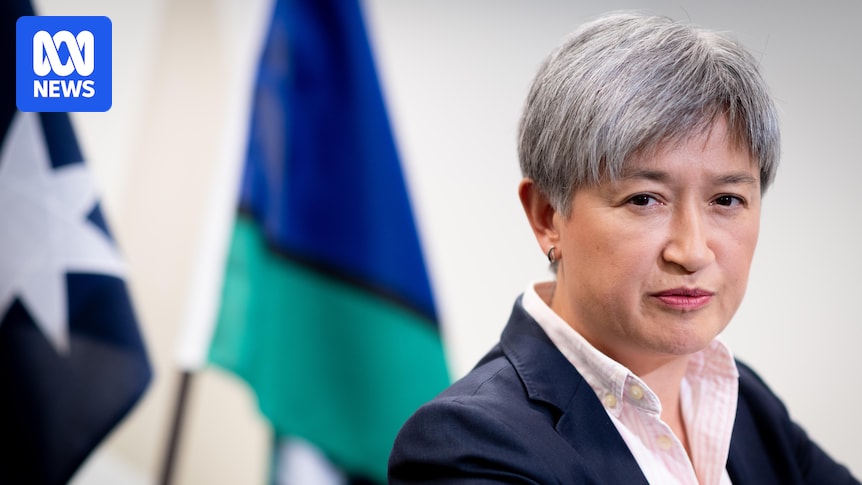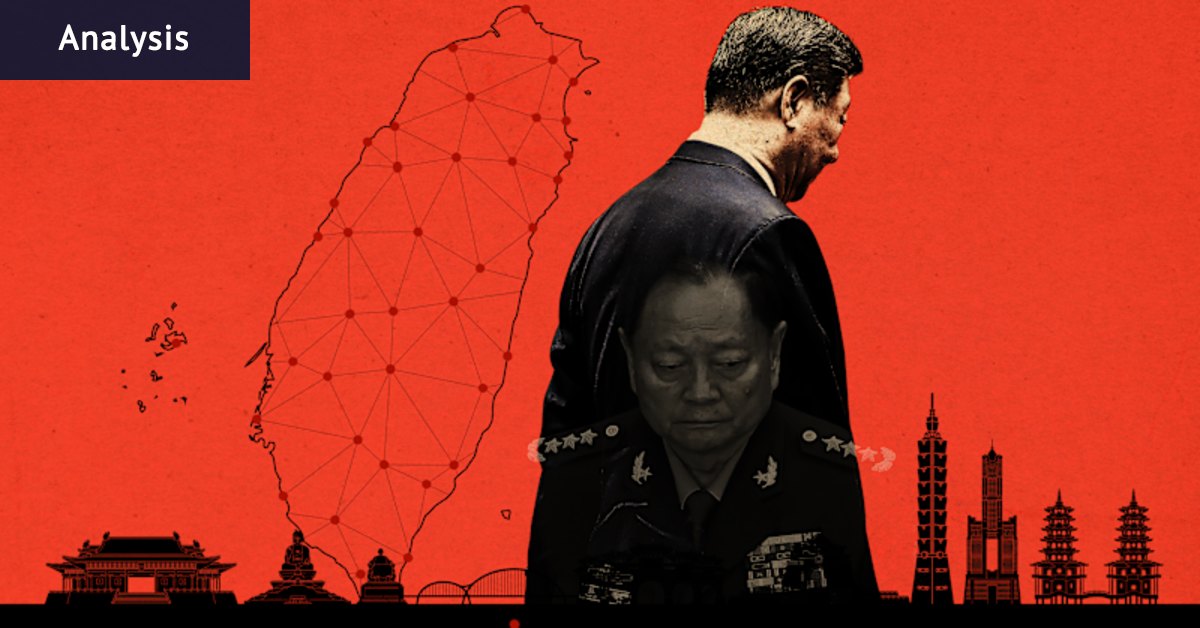
Foreign Minister Penny Wong has responded to former US President Donald Trump’s controversial speech at the United Nations, where he dismissed climate change as a “con job” and warned that world leaders’ countries were “going to hell.” Senator Wong expressed that these remarks were not unexpected, noting that Trump’s rhetoric has remained consistent since his campaign days.
“The content of his speech is really the same sorts of things President Trump has been speaking about to the American people prior to his election and since,” Wong stated in an interview with the Australian program 7.30.
In his address, Trump criticized renewable energy, labeling it a joke detrimental to global freedom. He further claimed, “The carbon footprint is a hoax made up by people with evil intentions,” a statement that resonated with his longstanding skepticism towards climate science.
Australia’s Stance and Strategic Alliances
Despite Trump’s dismissive stance on climate change, Senator Wong emphasized Australia’s pragmatic approach. “Australia does take a different view. We accept the reality of climate change,” she asserted, highlighting the nation’s commitment to addressing environmental challenges.
While Australia has historically maintained strong ties with the United States through trade, security, and foreign relations, Wong suggested a strategic pivot. “What we have to do as Australians is make sure we really invest in our relationships and partnerships, not just with the United States but with a number of other countries,” she explained.
This call for diversification in international relations comes as Australia seeks to navigate a complex global landscape, balancing its traditional alliances with emerging partnerships in Asia and beyond.
Upcoming Diplomatic Engagements
Amidst these developments, the foreign minister welcomed the upcoming face-to-face meeting between Prime Minister Anthony Albanese and Trump, scheduled for October 20. Despite the ideological differences, Wong expressed optimism about the dialogue.
When questioned by 7.30 host Sarah Ferguson about preparing for a meeting with a leader as unpredictable as Trump, Wong diplomatically deflected: “I’ll leave you to engage in the adjectives.”
However, the scheduling of a Quad meeting involving the US, Australia, Japan, and India remains uncertain. “I don’t understand that those details have been finalised … we hope there will be a leaders’ meeting later in the year,” Wong noted.
Middle East Tensions and Diplomatic Efforts
In a separate issue, Wong addressed the Israeli government’s reaction to Australia’s joint recognition of Palestine alongside France, the UK, and Canada. Israel’s threats of “immediate countermeasures,” including annexing the West Bank, have raised concerns about its commitment to peace.
“The world is seeing the extent to which the Netanyahu government seems to be prepared to go to avoid a ceasefire and peace,” Wong remarked, questioning Israel’s intentions regarding the ongoing conflict in Gaza.
Additionally, Wong engaged in a critical meeting with Iranian Foreign Minister Abbas Araghchi on the sidelines of the UN assembly. This encounter followed the expulsion of Iran’s ambassador to Australia, Ahmad Sadeghi, amid allegations of Iranian involvement in antisemitic attacks in Australia.
“I think it was the right thing to do, to meet directly with my counterpart and look him in the eye and tell him precisely why we made the decisions we made,” Wong explained, emphasizing the importance of direct diplomatic engagement.
When asked if Araghchi denied the allegations, Wong stated, “I think you would anticipate Iran would not agree with our assessment.”
Looking Ahead
As Australia navigates these multifaceted international challenges, Wong’s statements underscore a broader strategy of reinforcing global alliances and addressing pressing issues like climate change and regional security. The upcoming diplomatic engagements, including the meeting between Albanese and Trump, represent critical opportunities for Australia to assert its positions and foster constructive dialogue on the world stage.
The evolving geopolitical landscape demands nuanced diplomacy and strategic foresight, qualities that will be essential as Australia seeks to maintain its influence and uphold its values in an increasingly interconnected world.







